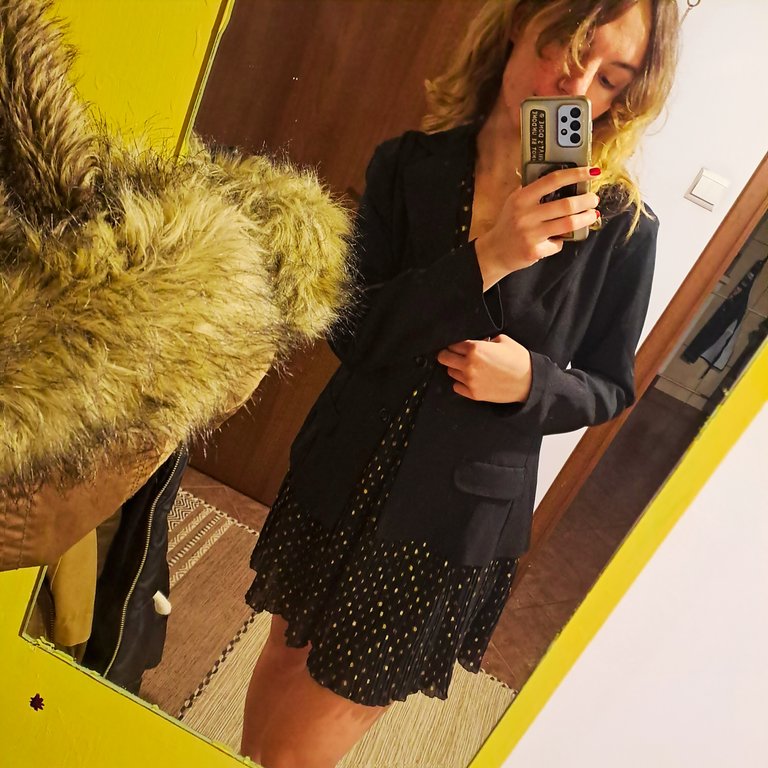I had an interesting conversation last night about how difficult it is not so much to be alone (though that in itself is hard a-plenty), but to admit that you are. Somehow, when you're past a certain point (and it's quite an early point in your life, too), it gets uncool and even somewhat depressing to admit you don't really fit in. You don't like, perhaps, the group you belong to, or don't even feel like you belong with them anymore. It happens. I think, if you're doing life right and changing as you're supposed to, it can happen quite often. And yet, it's something we almost never admit for fear of appearing "losers". You're supposed to know where you belong.
You're supposed to belong.

And yet, I start the year thinking of mentalities and behaviors I don't feel like I belong to. In Romania (and I'm sure in many other countries), the consensus around New Year seems to be that you get inordinately drunk and stay out till dawn.
I don't really relate to that. Several people alluded to "partying hard" and I was quite surprised in a text conversation with someone dear to me who doesn't generally ascribe to this party animal ethos, when they accused me of being tipsy.
"Oh someone's had too much champagne, eh?"
I hadn't. There was plenty of alcohol at the party I went to, but it didn't appeal to me. Someone explained the purpose is to set about drinking until you finish stock, but it just seemed silly to me. I looked around and thought I saw not so much people having a good time, but rather people stuck in this stereotype of what New Year's night should be.
You're supposed to get wasted. You're supposed to stay up late. You're supposed to act a certain way.
Why? And why should you welcome in the new year, this symbolic privilege to start fresh, by following a pattern set by someone you don't find particularly worthy or impressive?
I enjoyed the bits of my night that were peppered with interesting conversation. When the host of the party asked me at the end of the night what I thought about the party, I said it was "interesting". He said surely, that's just an empty pleasant way to not say the party sucked. But for me, at the time, it really wasn't. I was excited to talk about why it's so disastrous being a man in today's world, about the different ways we view spirituality, about illness and scary things we don't dare say out loud on regular nights.
I was not so excited at all to slouch in a corner pissed or high or ideally both.
And I used to feel awkward as a kid, not being drawn to that. I didn't wanna be weird because then I would have to admit to not really belonging and that's, as we saw, immensely hard. But I find it gets easier with age, and the more I move towards a life I like, the easier it becomes to stand alone in it at times.
I find an "interesting" night way more exciting than a traditionally "exciting" night.
I find much more value in talking about unusual things with people who matter to me and with whom I don't get to converse openly that often. I had a sense of preserving the night as I was experiencing it because it was, in its way, an unusual conjecture, one I'm unlikely to find myself in again, in future years.
And I tried to skip past the superficial pleasantries and be genuine. Talk about what is real to me. Getting to unravel someone and see what makes them work is, to me, much more exciting than sitting somewhere getting drunk.
So, for me, I started the year talking about things I find exciting and meaningful when I knew they wouldn't be understood or appreciated. When I could have lied and saved us all some trouble. I started the year being curious, and asking 'why' when it wasn't polite. I started the year not seeing the fireworks through the thick fog and shouting after random people because it's fun sometimes to be loud and brave and make the people who matter laugh.
I had an unusual New Year's night, a decidedly not fun party NY night, but nevertheless an interesting one.
What about you?




